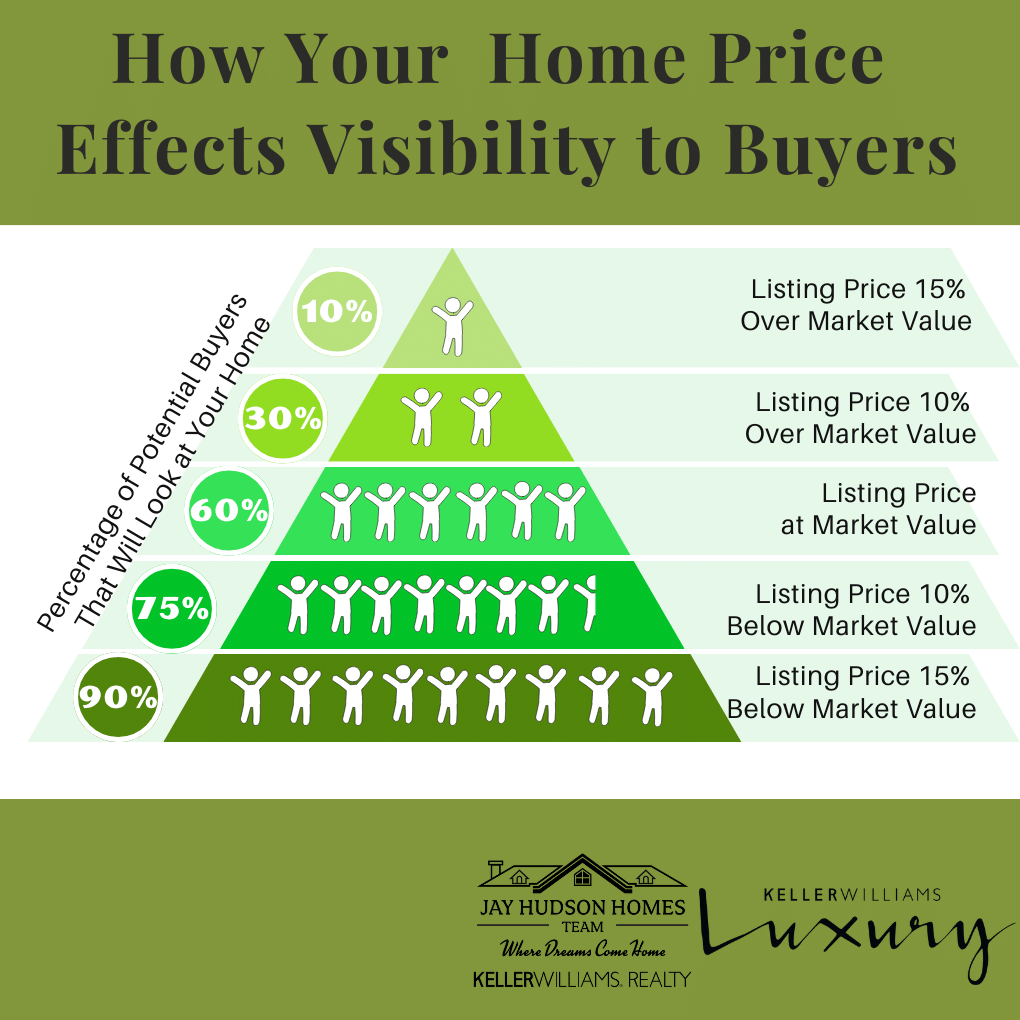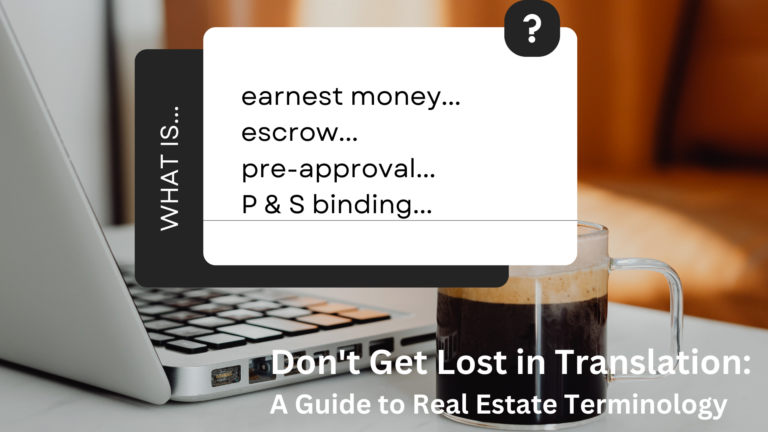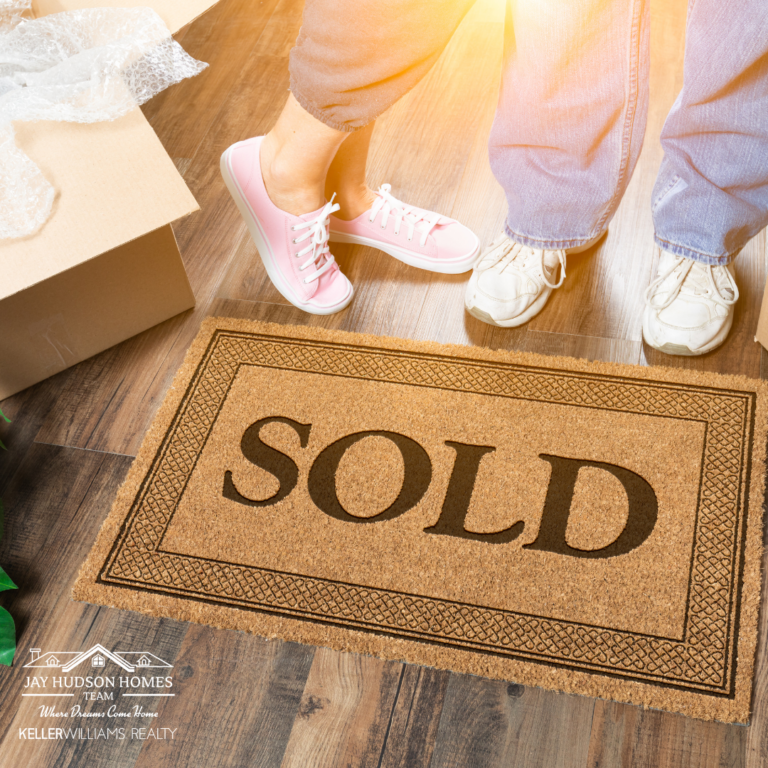Selling Your Home: A Step-by-Step Guide
Part 2: Selling Your Home How to Get Started
Selling your home is a significant undertaking that requires careful planning and strategic decision-making. In this four-part series, we’re here to walk you through the process and provide valuable insights to help you achieve a successful sale. By following the steps and advice outlined in this guide, you’ll be better equipped to sell your home quickly and at the best possible price.
Step 1: Preparing Your Home
Preparing your home is crucial when selling your home. Potential buyers will undoubtedly notice all the details of your home. By taking the initiative to fix any concerns, you’ll enhance your home’s overall presentation, maximizing its appeal and potential sale price.

Begin by putting yourself in the shoes of a buyer. Start with a walk around the exterior, observing the curb appeal and noting any issues like leaks, creaky doors, or areas in need of a fresh coat of paint. Take a similar approach indoors, making note of any repairs or improvements that could enhance the overall presentation of your home. If your list encompasses more extensive repairs, don’t hesitate to reach out to your trusted Realtor®. Their expertise will prove invaluable in helping you explore various options and charting a course of action for selling your home.
If you’re still uncertain about the scope of necessary repairs, your Realtor® can offer invaluable insights grounded in their market expertise and experience. Consider inviting your real estate agent for a complimentary home evaluation. Most agents willingly provide this service, during which they’ll assess your home from a buyer’s perspective. This evaluation will involve a thorough walk-through of your property, during which they’ll make note of any repairs, updates, or removals that could enhance its appeal and value.
If your home is vacant, you might consider professional staging to showcase its potential with furniture. For furnished homes, decluttering by removing personal items and excess furniture can help buyers visualize their own lives in the space. This creates an open and inviting atmosphere that can lead to a faster sale when selling your home. An experienced Realtor® can also guide you through the process of preparing your home for listing, ensuring it stands out in the market.
Step 2: Hiring a Realtor®
Bringing a Realtor® on board for selling your home is a pivotal decision that can greatly simplify the selling process and maximize your results. A professional Realtor® serves as your guide, managing negotiations, paperwork, and timelines, allowing you to focus on other important aspects of your life. Moreover, statistics show that homes sold with a Realtor® tend to achieve higher sale prices compared to those sold without one.
When selecting a Realtor®, consider these essential factors:
Availability & Communication
Availability is key. Can you easily reach the Realtor®? Do they promptly respond to phone calls and texts, and return calls in a timely manner? Additionally, does the agent tailor their communication style to your preferences, maintaining consistent contact and respecting your schedule?
Location
Consider the location factor. Does the agent reside in the area? When selling your home, opting for a Realtor® who calls the neighborhood home offers distinct advantages. By choosing a local Realtor®, you gain access to a professional endowed with intimate knowledge of the community. Similar to how the weather varies between Nashville and Chattanooga, so does the local housing market. A Realtor® entrenched in the area is equipped to navigate its nuances effectively. Their insights into the local market trends and connections within the community prove invaluable, ultimately enhancing your ability to secure the best possible offer.
Step 3: Setting the Price
Setting the right price for your home is a critical step that requires careful consideration and market expertise. Collaborating with your chosen Realtor®, who possesses a deep understanding of the local real estate landscape, can help you determine the optimal listing price. Your Realtor® will perform a Comparative Market Analysis (CMA) by examining recently sold properties with similar features, such as neighborhood, age, and bedroom count, to provide a realistic pricing estimate.
Your agent will also review current and upcoming listings with similar attributes to assess the competitive landscape. This comprehensive analysis, coupled with your personal goals, will guide the decision-making process for setting the price for selling your home.
It’s worth mentioning that some sellers opt to obtain an appraisal in advance, especially for unique properties or those lacking sufficient comparable sales. While not mandatory, an appraisal can offer additional insight into your home’s value and contribute to an accurate pricing strategy.
The temptation to overprice your home is common when selling your home but can lead to undesirable consequences. It’s common to receive advice from neighbors, friends, or family members on how to price your home. You might also find yourself tempted to set a higher asking price based on your personal attachment to the features you adore. However, this approach can lead to challenges. For instance, some homeowners may think, “Let’s test the market by listing it at this price, and if it doesn’t sell, we can always reduce it later.” Yet, this tactic often results in bringing your home onto the market with an inflated price tag.
Prospective buyers are savvy. They conduct their own comparative analysis to gauge a home’s value. When your home is priced too high, it can deter potential buyers and lead them to submit overly conservative offers that you may not be inclined to accept. As a result, your home may languish on the market, and you might eventually need to implement a price reduction.
In this scenario, buyers may start wondering: Why hasn’t this home sold yet? What’s prompting the price reduction? Is there something wrong with the property? Unfortunately, by this point, the opportunity to create buzz and generate strong interest may have been missed. As your home remains on the market for an extended period, potential buyers may begin to assume that a lower price is imminent due to its prolonged listing duration.
Ultimately, pricing your home too high proves to be a counterproductive strategy when selling your home. Instead of attracting competitive offers and swift interest, it can lead to a situation where you’re forced to reduce the price, potentially undermining your negotiation power and diminishing the overall perception of your property’s value.
Instead, always bear in mind that your agent has invested substantial effort into researching the market and shares your goal of achieving the highest possible sale price. When selling your home a highly effective strategy is to price your home just below the comparable properties. This approach holds a strategic advantage, particularly in the current seller’s market.
By positioning your listing slightly below the comps, you generate an immediate buzz around selling your home. This heightened interest often translates into a scenario where multiple buyers vie for your home, resulting in a competitive bidding environment. Surprisingly, this can lead to offers surpassing the price you initially considered for listing.

In conclusion, embarking on the journey to sell your home involves a series of strategic steps that can significantly impact your selling experience and results. Preparing your home, selecting the right Realtor®, and setting an appropriate price are pivotal in achieving a successful sale when selling your home. By collaborating with experienced professionals and following a well-thought-out plan, you’re on your way to a successful home-selling journey. Stay tuned for the next installment in our series, where we delve into the intricacies of the home showing and negotiation process.









One Comment